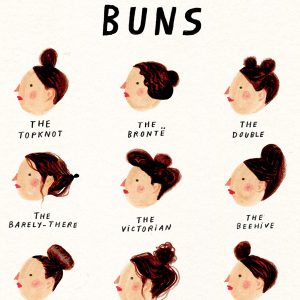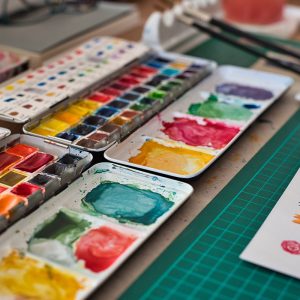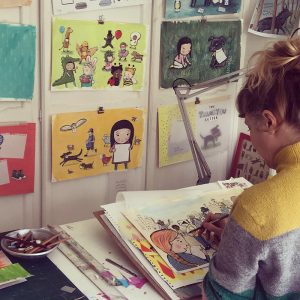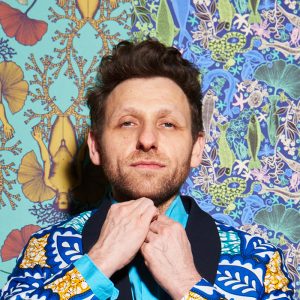Swedish professor Carl Cederström believes we need a new way of thinking about happiness, or that perhaps we should step away from the word altogether.
Happiness and self-development are currently interpreted as the idea that we should enjoy ourselves as much as possible.
Cederström: “Until about 60 years ago life was all about hard work, and we could hope to be rewarded for that in the afterlife. But that also changed in the 1960s. People wanted to feel free and be themselves, as individuals, and that included exercising the right to have fun. In the 1960s this was mainly expressed by the use of psychedelic drugs and the pursuit of free love.
Since the 1970s and 1980s it’s become almost an obligation: we are not only free to have fun, it’s practically mandatory. Just look at all the books and magazines that tell us how to live and enjoy ourselves as much as possible. Nowadays, even on Instagram, we constantly have to demonstrate how we are living the life and that we are enjoying ourselves. And so, again, what was once a liberating thought has changed into what is almost a burden.”
You think we should pursue a new ideal of happiness, a new fantasy of the good life. What should it look like?
“I think we have become a little tired of our personal pursuit of happiness and of the individualistic ideal of happiness. We need an ideal of happiness that is more about the things we share. And we need a conception of happiness that shows that it is — ultimately — our ambition to live in a world that we believe in and that we are proud to be part of.
Happiness is closely linked to all kinds of morality questions, and I think we can make that more visible. Why not devote more thought to building a nicer, more social world, and to the questions of what it means to be good and do good? I think a lot of people are interested in that. And it is also good to realize how very dependent we are on others. And that generosity and kindness should, by definition, also extend to people you don’t know.
I think it can be a relief to be aware of this and then rise above yourself and not have to constantly think about whether you are happy. We have been trained to think that being a good person means that we are happy and that specific emotions must be felt that we assume go with that. That has done a lot of harm and put too much pressure on individuals to be ‘happy’.”
Perhaps we should abolish the word happiness?
“I think we shouldn’t bother with the word happiness too much. Because if you think about what lies at the foundation of happiness, it’s the values that you find important in your life. And then you might as well take the shortest route there; that is, live by those values and principles which are important to you.
We’ve been programmed to continually ask ourselves how we feel, whether we are happy enough and what we need to do to feel better. As a result we often start to feel worse. Instead, we should think about the values that we care about and try to put them first in our lives instead of this idea that we should be happy.”
- The complete story can be found in Issue 34.
Interview Sjoukje van de Kolk Illustration Valesca van Waveren












